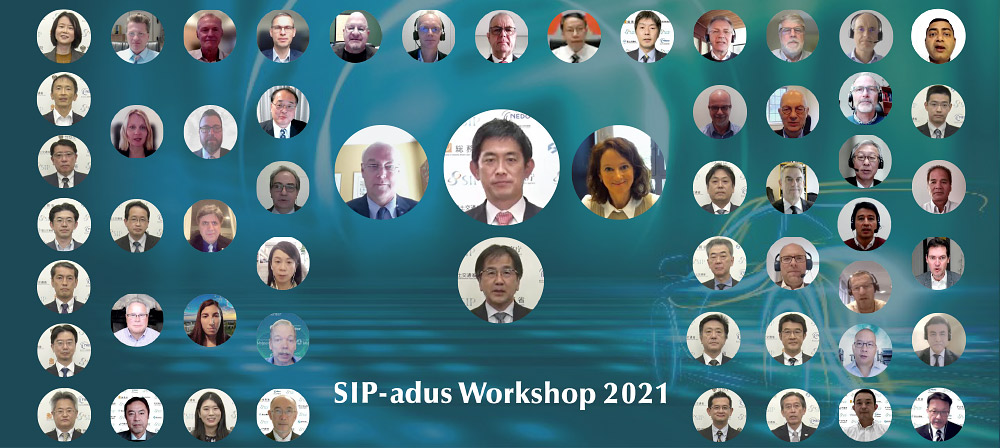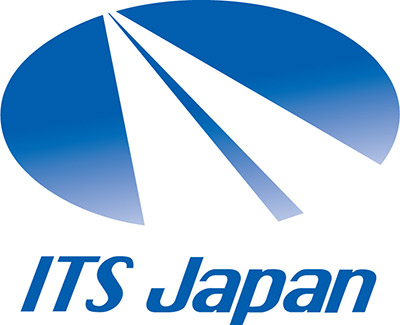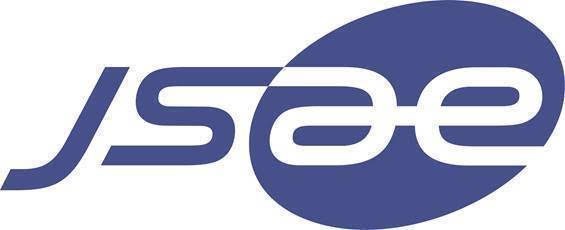SIP-adus Workshop 2021
Event outline

SIP-adus Workshop 2021 virtual conference period ended in a great success with 1,075 participants from 23 countries and regions over the web. We would like to express our sincere gratitude to all participants and to the people concerned for their warm support for making the virtual conference possible.
SIP-adus would continue its activity pursuing the enhancement of the international network.
Next year, the SIP-adus Workshop 2022 is scheduled for October 11 - 13, 2022, and planned to be held in Kyoto as an in-person event.
We look forward to welcoming you again.
Video On-Demand Streaming:
The all SIP-adus Workshop 2021 Plenary Sessions that were available on-demand from December 10, 2021 ended on January 5, 2022.
Thank you very much for your participation.
Date
- November 9 - 10, 2021
Conference theme
-
After the opening session with Keynote speeches from presenters from Japan, Europe, and the United States, experts from Japan and overseas will emphasize the conference theme of SIP automated driving in their lectures on the latest polices, initiatives, and projects in the following eight sessions, additionally Japanese government ministries and agencies introduce their attempt related to automated driving.
Impact Assessment
Social Impact of Automated Driving technologiesHuman Factors
Human factors in automated mobility servicesDynamic Map
Dynamic contents distribution/exchange with Dynamic Map and the updatesConnected Vehicles
Trends in Cooperative Driving AutomationSafety Assurance
Safety Assurance Virtual Testing Requirement and ValidationCybersecurity
Utilization of IDS/IDPS for the realization of cyber-safe automated driving
Program
-
Plenary Session (as of November 5)

[Plenary Session] Abstracts and Speakers List
(as of November 5)
-
Breakout Workshop (as of November 1)
Impact Assessment
*Experts participation only, no online streamingService and Business Implementation / FOTs
*Experts participation only, no online streamingHuman Factors
October 29 23:00-25:00 (JST) / 16:00-18:00 (CEST) / 10:00-12:00 (EDT)Dynamic Map
*Experts participation only, no online streamingConnected Vehicles
November 8 23:00-25:00 (JST) / 15:00-17:00 (CET) / 9:00-11:00 (EST)Safety Assurance
[Virtual Testing]
*Experts participation only, no online streaming
[EU HEADSTART - JP White Paper consolidation]
*Experts participation only, no online streamingCybersecurity
*Experts participation only, no online streaming[Breakout Workshop] Dates and panelists information for each theme
Organizer
- Cross-Ministerial Strategic Innovation Program, Secretariat of Science,
Technology and Innovation Policy, Cabinet Office, Government of Japan
New Energy and Industrial Technology Development Organization (NEDO)
Supported by ITS Japan
Presentation Materials
-
Opening Session
- Welcome Speech: Takayuki Kobayashi (Speech Only)
- Keynote Speech-1: Kenneth M. Leonard (Speech Only)
- Keynote Speech-2: Rosalinde van der Vlies (Speech Only)
- Keynote Speech-3: Seigo Kuzumaki (Speech Only)
Regional Activities
- Regional Activities-1: Manabu Umeda
- Regional Activities-2: Robert Heilman
- Regional Activities-3: Ludger Rogge
- Regional Activities-4: Reinhold Friedrich
- Regional Activities-5: Keqiang Li
- Regional Activities-6: Manabu Umeda
Impact Assessment
- Impact Assessment-1: Takashi Oguchi
- Impact Assessment-2: Christian Winkler
- Impact Assessment-3: Hiroaki Miyoshi
- Impact Assessment-4: Torsten Fleischer
- Impact Assessment-5: Ayako Taniguchi
- Impact Assessment-6: Scott Smith
- Impact Assessment-7: Takashi Oguchi
Service and Business Implementation / FOTs + Human Factors
- Service and Business Implementation / FOTs + Human Factors-1: Yurie Toyama
- Service and Business Implementation / FOTs + Human Factors-2: Jan Hellåker
- Service and Business Implementation / FOTs + Human Factors-3: Lutz Eckstein
- Service and Business Implementation / FOTs + Human Factors-4: Katrin Schwager
- Service and Business Implementation / FOTs + Human Factors-5: Shin Kato
- Service and Business Implementation / FOTs + Human Factors-6: Daniel McGehee
- Service and Business Implementation / FOTs + Human Factors-7: Timothy Haile
- Service and Business Implementation / FOTs + Human Factors-8: Habib Shamskhou
- Service and Business Implementation / FOTs + Human Factors-9: Jordana Maisel
- Service and Business Implementation / FOTs + Human Factors-10: Satoshi Kitazaki
Japanese Government
- Japanese Government-1: Chie Fukushima
- Japanese Government-2: Takahiro Suzuki
- Japanese Government-3: Kenichi Ito
- Japanese Government-4: Shinji Ide
- Japanese Government-5: Shigekazu Fukunaga
- Japanese Government-6: Koichi Sakai
- Japanese Government-7: Yoshitaka Tada
Dynamic Map
- Dynamic Map-1: Satoru Nakajo
- Dynamic Map-2: Jean-Charles Pandazis
- Dynamic Map-3: Andras Csepinszky
- Dynamic Map-4: Akihiro Takahashi
- Dynamic Map-5: Hiroyuki Inahata
- Dynamic Map-6: Yoshiaki Tsuda
- Dynamic Map-7: Satoru Nakajo
Connected Vehicles
- Connected Vehicles-1: Norifumi Ogawa
- Connected Vehicles-2: John Kenney
- Connected Vehicles-3: Tom Schaffnit
- Connected Vehicles-4: Niels Peter Skov Andersen
- Connected Vehicles-5: Martin Boehm
- Connected Vehicles-6: Masato Minakata
- Connected Vehicles-7: Norifumi Ogawa
- Connected Vehicles-8: Norifumi Ogawa
Safety Assurance
- Safety Assurance-1: Satoshi Taniguchi
- Safety Assurance-2: Frank Gruson
- Safety Assurance-3: Matthias Hein
- Safety Assurance-4: Hideo Inoue
- Safety Assurance-5: Jacobo Antona-Makoshi
- Safety Assurance-6: Roland Galbas
- Safety Assurance-7: Chan Lieu
- Safety Assurance-8: Satoshi Taniguchi
Cybersecurity
- Cybersecurity-1: Shigeru Uehara
- Cybersecurity-2: Nishant Khadria
- Cybersecurity-3: Shinichi Kan
- Cybersecurity-4: Shigeyuki Kawana
- Cybersecurity-5: Frank Kargl
- Cybersecurity-6: Tsutomu Matsumoto
- Cybersecurity-7: Shigeru Uehara
Closing
- Closing: Chie Fukushima (Speech Only)



